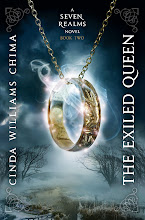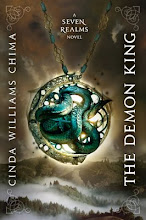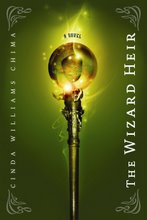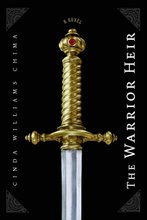
I often hear from young writers, asking for advice. I try to answer their specific questions when I can. When asked for general advice, I have a kind of standard response that would have made my mother proud. You know. Success is all about hard work, study of craft, intensive reading of work in your genre, practice practice practice, with a seasoning of talent and luck. Don’t expect overnight success, I tell them. In order to be a writer, you have to love writing so much that you will write whether you get paid or not.
I began writing when I was a teenager, and though I didn’t write regularly in early adulthood, it took five years of constant writing (and four books) to get my work to where first an agent and then a publisher took interest in it.
I’m still learning, every single day. One thing I look for in a writing conference is a focus on craft, in addition to the usual sessions on how to find an agent or how to craft a query letter.
So it was with interest that I watched an interview with Stephenie Meyer that was included with the Twilight video. Although Meyer was an English major in college, she confessed that she just wanted a major that would allow her to read books for a grade. She took only one writing course in college and moved immediately into child-rearing after graduation.
You may have heard the story that the idea for Twilight came to Meyer in a dream. She wrote Twilight in three months, working around the demands of three small children. In a twinkling (my word) she had a three-book contract. And, of course, the Twilight series went on to be the kind of phenomenon that makes publishing history and bookseller bottom lines.
Hmmm. So much for long years of study and practice. Meyer was/is a voracious reader, but that seems to have been the sum total of her preparation for greatness.
Now, there are those who criticize the quality of the writing in the Twilight series. For instance, author Stephen King outraged Twilight fans when he described Meyer’s writing as “not very good.” Others have criticized the message she sends to young women.
But then, not everyone likes Stephen King, either. I’m not comparing myself to Meyer or King, but my books have come in for their share of criticism, too, along with some awards and good reviews. From a craft standpoint, Meyer certainly did better than I did on my first, unpublished try.
You’re never going to please everyone, but Meyer has been successful by every commercial measure. I think a lot of writers out there would gladly take the heat from critics if the first novel they wrote sold in the tens of millions.
What do you think? What’s the most important driver of publishing success for authors? Talent? Hard work? Luck? Connections?













